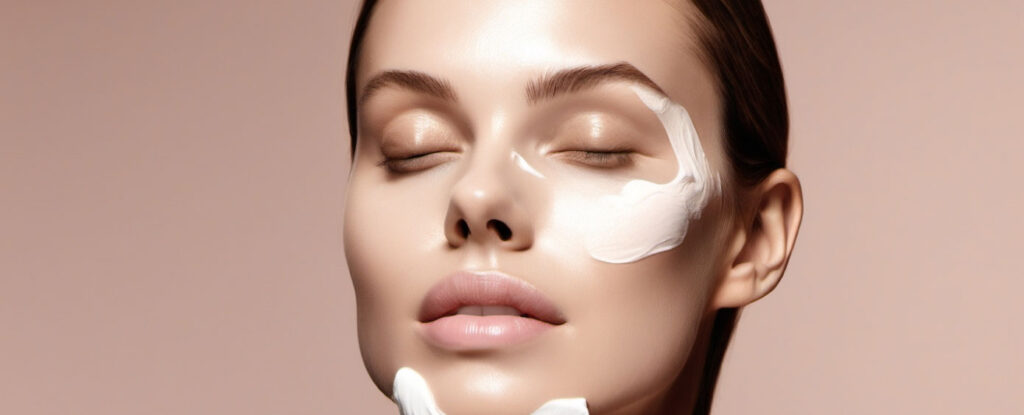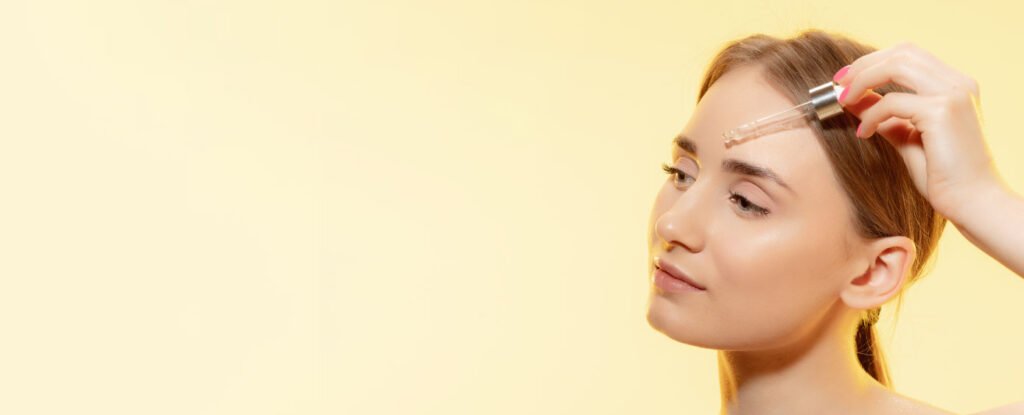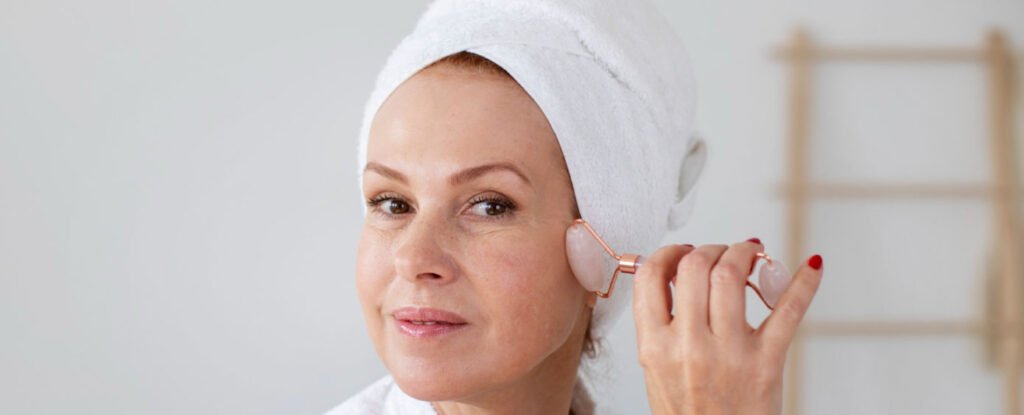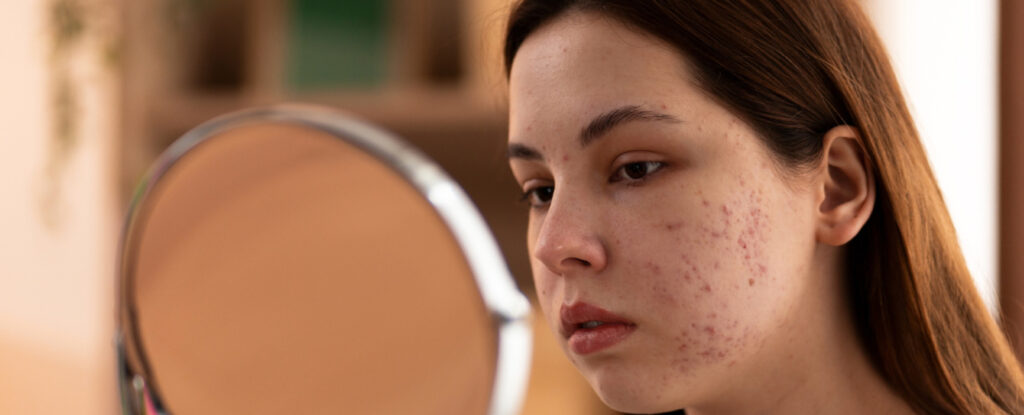How Effective is Laser Hair Removal in Permanently Removing Hair?
In today’s world, where smooth, hair-free skin is often associated with beauty and hygiene, many individuals are constantly seeking effective solutions for hair removal. Traditional methods like shaving, waxing, and plucking can be time-consuming, painful, and provide only temporary relief. Enter laser hair removal—a revolutionary technology that promises long-term hair reduction. But how effective is it in permanently removing hair? In this blog, we’ll delve into the science behind laser hair removal, its effectiveness, and what you can expect from this treatment. Additionally, we will highlight why Reborn Healthcare in Bangalore is the best choice for laser hair removal treatments. Understanding Laser Hair Removal Laser hair removal is a cosmetic procedure that uses concentrated beams of light (lasers) to target and destroy hair follicles. The pigment in the hair (melanin) absorbs the light, which converts to heat, damaging the follicle to inhibit future hair growth. This method has gained immense popularity due to its potential for providing long-lasting results. The Science Behind Laser Hair Removal The effectiveness of laser hair removal lies in its ability to target hair in its growth phase (anagen phase). Hair growth occurs in cycles, and only hairs in the anagen phase can be effectively treated because they contain enough pigment to absorb the laser energy. Multiple sessions are required to catch all hairs in their growth phase, leading to significant hair reduction over time. Effectiveness of Laser Hair Removal It’s essential to understand that laser hair removal offers permanent hair reduction rather than complete removal. According to studies, most patients experience a 70-90% reduction in hair growth after a full course of treatments. The remaining hairs are typically finer and lighter in color, making them less noticeable. Several factors can influence the effectiveness of laser hair removal, including: Most individuals require between 6 to 8 sessions, spaced 4 to 6 weeks apart, to achieve optimal results. Maintenance sessions may be necessary to manage any regrowth and ensure smooth, hair-free skin over the long term. Benefits of Laser Hair Removal Although the initial cost of laser hair removal can be higher than traditional methods, the long-term savings are significant. With permanent hair reduction, there’s no need to continually purchase razors, wax, or depilatory creams, making it a cost-effective solution over time. Laser hair removal can treat large areas quickly, and each session is relatively short. For busy individuals, this means less time spent on hair removal and more time for other activities. Laser technology targets hair follicles precisely without damaging the surrounding skin. Modern lasers are designed to minimize discomfort, with many systems featuring cooling devices to soothe the skin during treatment. Potential Side Effects and Risks While laser hair removal is generally safe, it’s not without potential side effects. Common side effects include: To minimize risks, it’s crucial to have the procedure performed by a qualified and experienced practitioner. Preparing for Laser Hair Removal Proper preparation can enhance the effectiveness of laser hair removal: What to Expect During and After Treatment During the procedure, you may feel a mild stinging sensation as the laser targets your hair follicles. Post-treatment, it’s normal to experience redness and slight swelling. Following your provider’s aftercare instructions, such as avoiding sun exposure and applying soothing lotions, can help alleviate these symptoms. Why Reborn Healthcare is the Best Choice in Bangalore When it comes to laser hair removal, choosing the right clinic is crucial for achieving the best results. Reborn Healthcare in Bangalore stands out as the premier choice for several reasons: Reborn Healthcare boasts a team of highly qualified dermatologists and skincare experts with years of experience in laser treatments. Their expertise ensures that you receive the best possible care and outcomes. Reborn Healthcare is equipped with the latest laser technology and medical-grade equipment. This ensures that all treatments are performed with the highest standards of safety and efficacy, tailored to different skin and hair types. At Reborn Healthcare, each patient receives a personalized treatment plan tailored to their specific skin and hair concerns. This individualized approach ensures optimal results and satisfaction. Reborn Healthcare offers a wide range of laser treatments, from hair removal to skin rejuvenation. Whether you’re dealing with unwanted hair, pigmentation, or other skin issues, they have a solution for you. Reborn Healthcare is dedicated to providing exceptional patient care. Their friendly and professional staff ensures a comfortable and welcoming environment, making each visit a positive experience. Conclusion Laser hair removal is a highly effective method for achieving long-term hair reduction. While it may not completely remove all hair permanently, it significantly reduces hair growth, making remaining hairs finer and less noticeable. Factors like hair color, skin type, and hormonal influences can affect outcomes, but with proper preparation and an experienced provider, most individuals can enjoy smooth, hair-free skin for years to come. Considering its long-term benefits, convenience, and cost savings, laser hair removal is an excellent choice for those seeking a more permanent solution to unwanted hair. If you’re tired of the constant cycle of shaving, waxing, and plucking, laser hair removal might just be the game-changing solution you need. For those in Bangalore, Reborn Healthcare is the best choice, offering expert care, advanced technology, and personalized treatment plans to ensure you achieve the best possible results.







